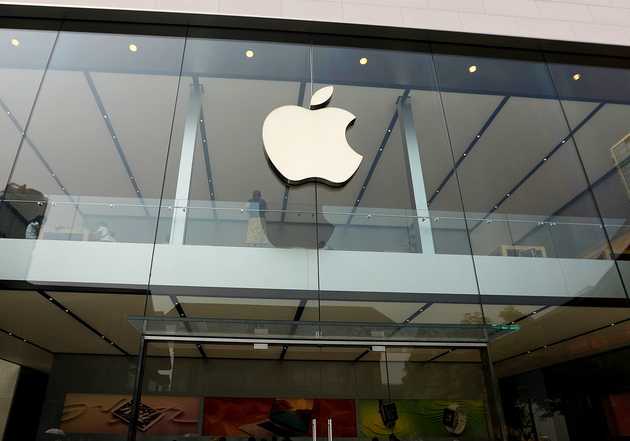
Photo/VCG
1. GLP-1 drugs may work by sending signals to the brain
A study published in the journal Cell Metabolism has found that GLP-1 receptor agonists (GLP-1RAs) may work by changing the way the brain signals, helping to control systemic inflammation and reduce the risk of adverse cardiovascular events.
Commentary: This study reveals the mechanism of action and efficacy of GLP-1RAs, and not only in the treatment of obesity, but also provides more evidence and ideas for the treatment of other diseases.
2. Apple's latest AI "black technology" HUGS unveiled
According to foreign media, Apple has released a research paper discussing its in-development generative AI technology, HUGS (Human Gaussian Splats). According to the report, HUGS can generate digital human avatars from a short video in about 30 minutes.
Commentary: Apple's research may be to explore the application of AI in the fields of digital entertainment and virtual reality, and it also reflects Apple's innovation in the field of AI.
3. Hydrogen fuel cell costs plummet
Recently, a team of researchers from the U.S. Department of Energy's SLAC National Accelerator Laboratory, Stanford University, and Toyota Research Institute (TRI) have made a breakthrough in hydrogen fuel cell technology by replacing platinum with silver in the catalyst, significantly reducing costs.
Commentary: This research could drive the development and popularization of hydrogen energy, increasing the competitiveness of hydrogen energy in the energy market.
4. JN.1 deem as a variant of concern
According to the official Weibo account of the United Nations News, given the rapid spread of the Omicron variant JN.1 worldwide, the World Health Organization (WHO) has issued an initial risk assessment, listing JN.1 as a "variant of concern". However, based on the evidence available, JN.1 is currently assessed as posing a low additional risk to global public health. The assessment noted that JN.1 is expected to lead to an increase in COVID-19 cases as other viral and bacterial infections surge in the northern hemisphere winter.
Commentary: WHO's risk assessment reminds governments and people around the world to strengthen prevention and control measures, and it also promotes scientific research and international cooperation.
5. Blue Origin completes rocket launch
Bezos-owned commercial space company Blue Origin successfully launched a rocket on December 19, local time. The launch was Blue Origin's first in nearly 15 months. It was originally scheduled to launch on December 18, but was canceled due to ground system problems. It is reported that after the rocket was launched, the spacecraft separated from the booster. The spacecraft safely descended and returned to Earth after reaching the highest point, and the booster successfully landed.
Commentary: Blue Origin's launch demonstrated its technology and capabilities in the commercial space field, and also reflected the company's position and strategy in the competition with other space companies.
6. EU agrees to strengthen cybersecurity capabilities
The European Council announced that EU member states have reached a common position on the EU Cybersecurity Act, which aims to strengthen EU unity and improve the ability to respond to cybersecurity threats and incidents, making Europe more resilient and responsive to cybersecurity threats. The agreement will enhance the ability of the EU and its member states to prevent and respond to large-scale cyberattacks in a more efficient and effective way.
Commentary: The EU may be able to strengthen its coordination and cooperation in the field of cybersecurity through reaching a common position, and it also improves its ability and effectiveness in preventing and responding to cybersecurity threats and attacks.
7. A landmark ruling in the AI field is born
On Wednesday local time, the UK Supreme Court rejected the patent application of an American computer scientist for his artificial intelligence system, in a landmark case on whether artificial intelligence can have patent rights. The scientist, named Stephen Thaler, wanted to register patents in the UK for two inventions designed by AI, but was denied by the UK Intellectual Property Office, because the inventor must be a natural person or a company, and not a machine such as artificial intelligence. Thaler then appealed to the UK Supreme Court, but the court dismissed his appeal on Wednesday, because according to UK patent law, “the inventor must be a natural person”.
Commentary: This ruling clarifies the status and rights of artificial intelligence in the field of intellectual property, and also reflects the UK’s position and attitude in upholding the law and ethics.
Disclaimer: The content and data of this article are for reference only and do not constitute investment advice. Verify before using.


 川公网安备 51019002001991号
川公网安备 51019002001991号





